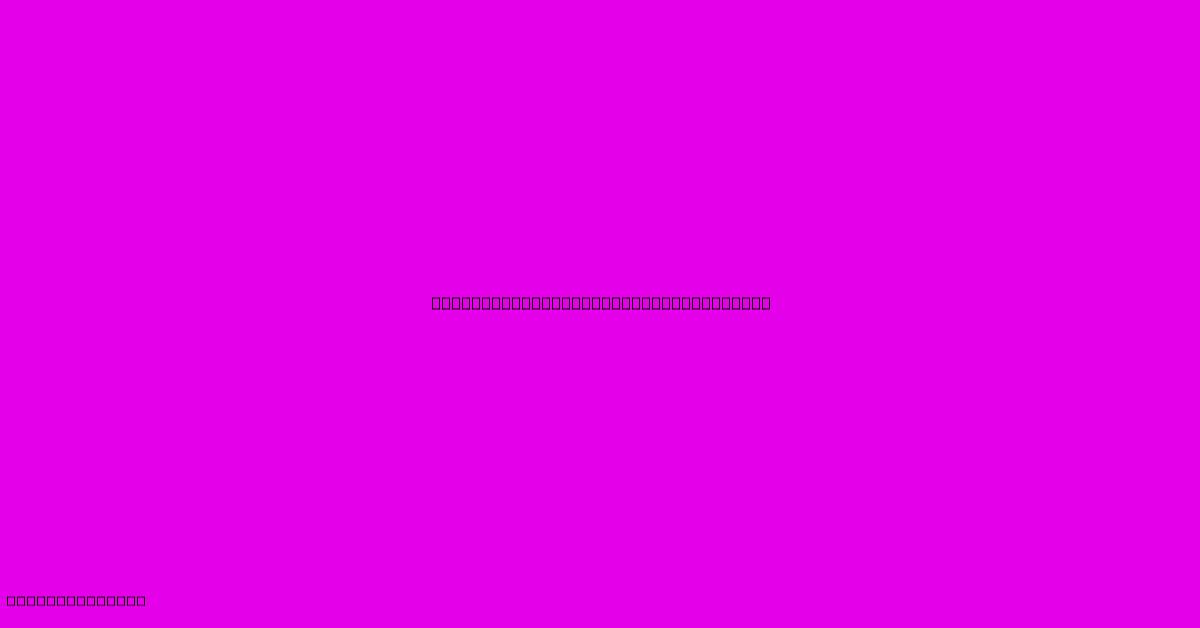Gaetz Fails To Block House Release

Discover more detailed and exciting information on our website. Click the link below to start your adventure: Visit Best Website mr.cleine.com. Don't miss out!
Table of Contents
Gaetz's Failed Attempt to Block the House's Release of Documents: A Deeper Dive
Representative Matt Gaetz's recent unsuccessful effort to prevent the House Oversight Committee from releasing documents related to an ongoing investigation has sparked significant political debate. This article delves into the details of the incident, exploring its implications and the broader context of the ongoing inquiry.
The Clash Over Transparency
The central issue revolves around the House Oversight Committee's investigation, which has focused on a number of allegations against Rep. Gaetz. The Committee sought to release documents they deemed relevant to their investigation, a move that Gaetz vigorously opposed. He argued that the release was a breach of procedure, an infringement on his rights, and a politically motivated attack. His attempt to block the release ultimately failed, highlighting a deepening conflict within the House of Representatives.
Understanding Gaetz's Objections
Gaetz's opposition stemmed from several key concerns. He contended that the documents were selectively released to damage his reputation, emphasizing a lack of due process and fairness. His arguments touched on issues of privacy, claiming the release of certain documents violated his personal rights. He also questioned the legitimacy of the investigation itself, alleging partisan bias.
The Committee's Defense and the Released Documents
The House Oversight Committee defended its actions, asserting that the documents were vital to their investigation and the public's right to know. They emphasized the importance of transparency in governmental affairs and insisted the release followed proper procedure. While the exact contents of the released documents remain subject to ongoing analysis, reports suggest they pertain to financial transactions and communications relevant to the ongoing investigation into Rep. Gaetz's conduct.
Political Fallout and Broader Implications
Gaetz's failed attempt to block the document release has amplified existing political divisions. Supporters of Gaetz have rallied around him, accusing the committee of a partisan witch hunt. Critics, however, contend that his actions demonstrate a lack of accountability and an unwillingness to cooperate with legitimate oversight. The incident underscores broader tensions concerning executive privilege, transparency in government, and the balance of power between different branches of government.
Analyzing the Legal Aspects
The legal ramifications of the document release remain unclear. Legal experts are currently analyzing the situation, considering the potential for future legal challenges from Gaetz or his allies. The outcome of these analyses could significantly influence the trajectory of the ongoing investigation and have implications for future oversight inquiries.
Conclusion: A Developing Story
The saga of Gaetz's failed attempt to block the document release represents a significant development in the ongoing House investigation. The release of the documents has injected renewed energy into the political debate, raising questions about transparency, accountability, and the limits of executive and legislative powers. As the investigation progresses, further revelations are likely, and this situation promises to remain a focal point of political discussion for some time to come. The impact on the upcoming elections and the future political landscape remains to be seen.
Keywords: Matt Gaetz, House Oversight Committee, document release, political investigation, transparency, accountability, government oversight, legal challenges, partisan politics, House of Representatives.

Thank you for visiting our website wich cover about Gaetz Fails To Block House Release. We hope the information provided has been useful to you. Feel free to contact us if you have any questions or need further assistance. See you next time and dont miss to bookmark.
Featured Posts
-
Nissan And Honda Third Largest Automaker
Dec 24, 2024
-
2016 Acura Tlx Technology Package
Dec 24, 2024
-
Live Santa Tracker Norad
Dec 24, 2024
-
Early Stage Technology Companies
Dec 24, 2024
-
Honda Nissan Face Seismic Shifts
Dec 24, 2024
